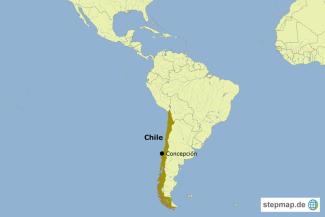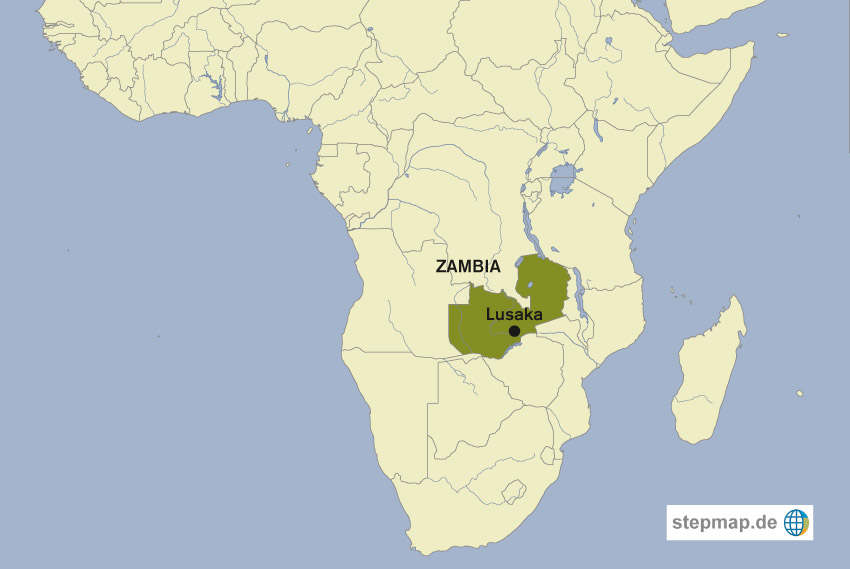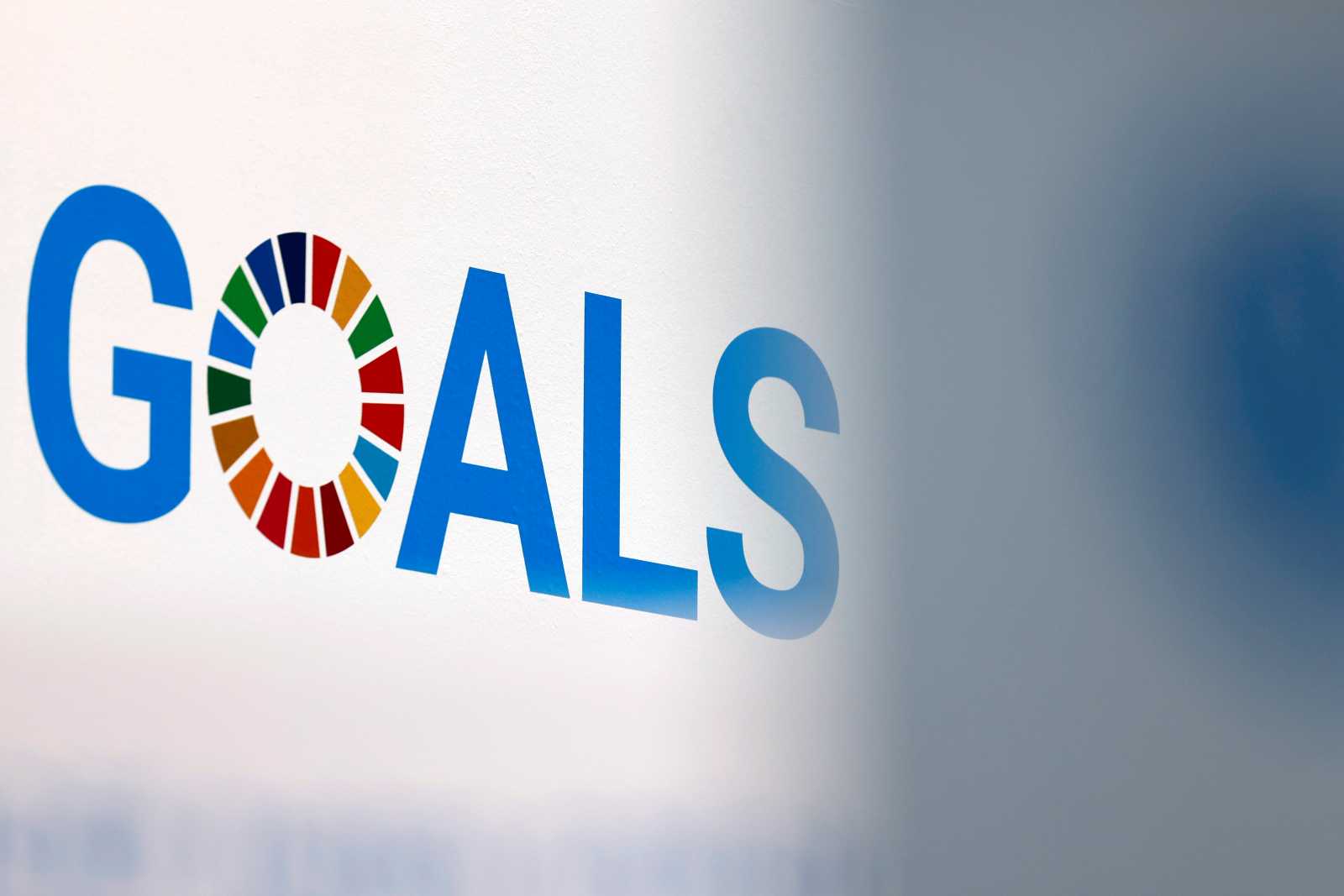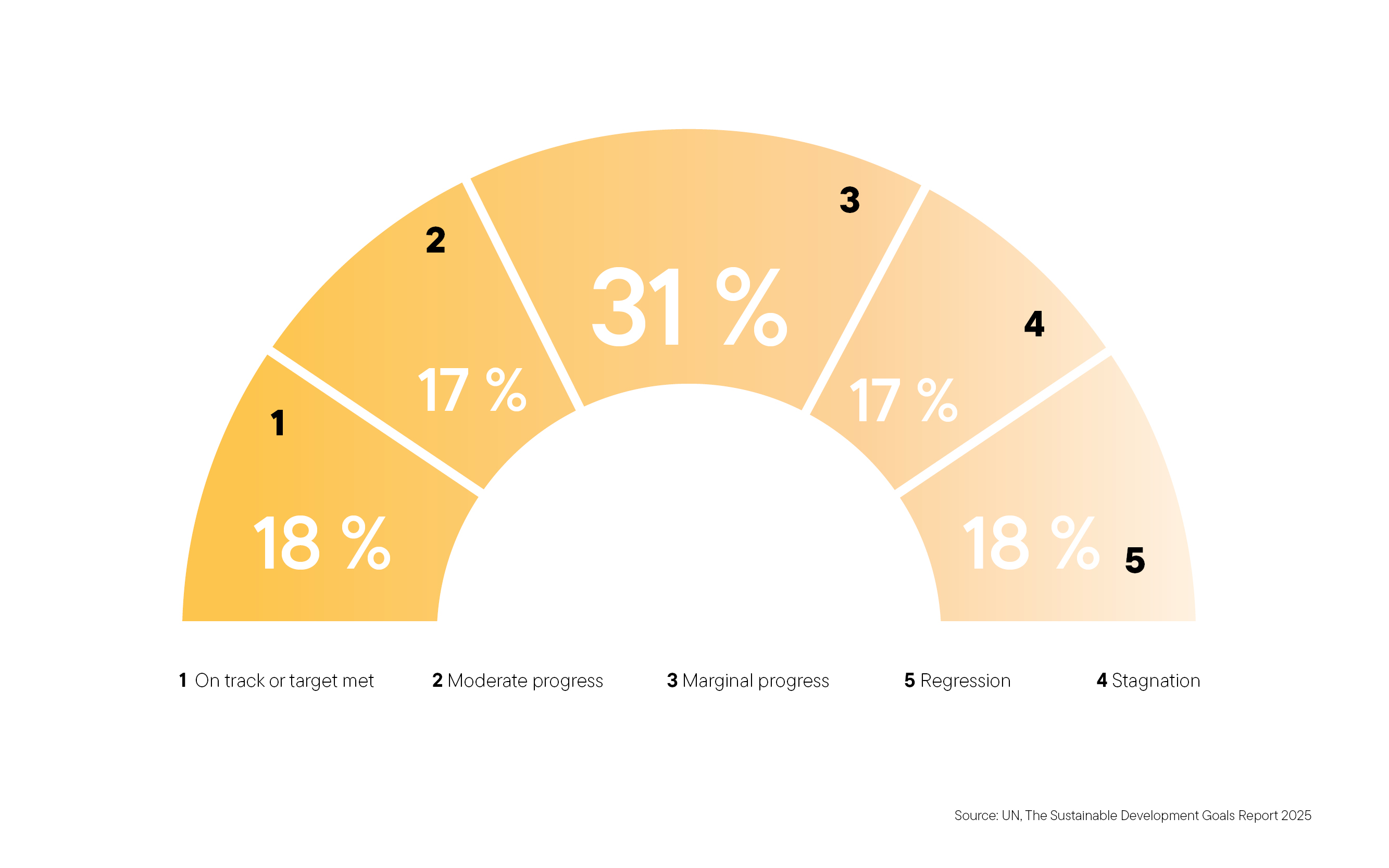Sports
Football can change things

Meanwhile, a group of parents are decorating the sports field with garlands and balloons. Others bring living-room chairs from their homes and sit down on the side line to watch the game. All want to be part of this event, which takes place every Saturday. This league is called “Fútbol Más” (More Football). It is organised by a civil-society organisation of the same name.
“For the boys, it is a game,” says Alfredo Chavarría, coordinator for Fútbol Más in the region Biobío. “But we see it as a chance for kids who live in difficult circumstances.” The idea is to stress the positive and strengthen their potential. Chavarría organises sports events in poor and marginalised neighbourhoods, areas which are often stigmatised as cradles of crime.
At the end of the season, the winner is not necessarily the team with most goals: In this league, other values matter too. Fútbol Más is about a culture of happiness, respect, responsibility, creativity and team spirit. Accordingly, Fútbol Más does not stage a regular football championship where the winner takes all. The idea is rather to use sports to educate the youth.
“Hey, give us a green card!” Carlos is screaming at the top of his lungs. He is an eager eight-year-old, waiting for his turn to take part in the match. The Green Card is an invention of Fútbol Más, rewarding the best behaviour on the field, maximum commitment and also the best passes, even if they did not lead to a goal. “The green cards are very important, they can get us into the finals”, the boy adds. All players are aware of this fact.
Alfredo Chavarría says: “The regular football today gives out sanctions via yellow and red cards. But we want to reward positive actions, even if they seem minor, with a green card.” This way, extra points are collected. On the other hand, there is a blue card, which takes the player off the match for a short while, so he will understand a fault he has committed.
In the entire Biobío region, some 250 children are participating in Fútbol Más on Saturdays. Thanks to an alliance between municipalities and local companies who fund the sports events, this special league is also present in other regions of the country.
'Fútbol Más' started in Chile in 2007. The model is being copied in Ecuador, Peru and Haiti. “Sociosport”, as it is called, is a great method to achieve more social cohesion in poor and challenged areas.
Javier Cisterna Figueroa is a journalist and lives in Concepción, Chile.
cisternafigueroa@gmail.com
Links:
Fútbol Más:
http://www.futbolmas.org/















